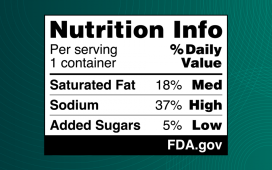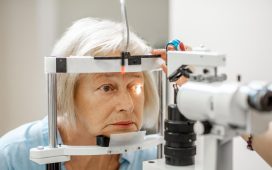Those reporting high perceived social isolation have increased risk of death, hospitalization, ER visits
THURSDAY, May 24, 2018 (HealthDay News) — Greater perceived social isolation is associated with an increased risk of death and health care use among patients with heart failure, according to a study published online May 23 in the Journal of the American Heart Association.
Sheila M. Manemann, M.P.H., from the Mayo Clinic in Rochester, Minn., and colleagues surveyed 1,681 patients with a first-ever diagnosis of heart failure regarding perceived social isolation.
The researchers found that 19 percent of respondents had moderate perceived social isolation and 6 percent had high perceived social isolation. However, those reporting moderate perceived social isolation did not have an increased risk of death, hospitalizations, or emergency department visits versus those reporting low perceived social isolation after adjustment. Patients reporting high perceived social isolation had an increased risk of death (hazard ratio [HR], 3.74), hospitalization (HR, 1.68), and emergency department visits (HR, 1.57). Compared with patients who reported low perceived social isolation, those who reported moderate and high perceived social isolation had increased risks of outpatient visits (rate ratio, 1.16 and 1.26, respectively).
“Assessing perceived social isolation during the clinical encounter with a brief screening tool may help identify patients with heart failure at greater risk of poor outcomes,” the authors write.
Copyright © 2018 HealthDay. All rights reserved.








